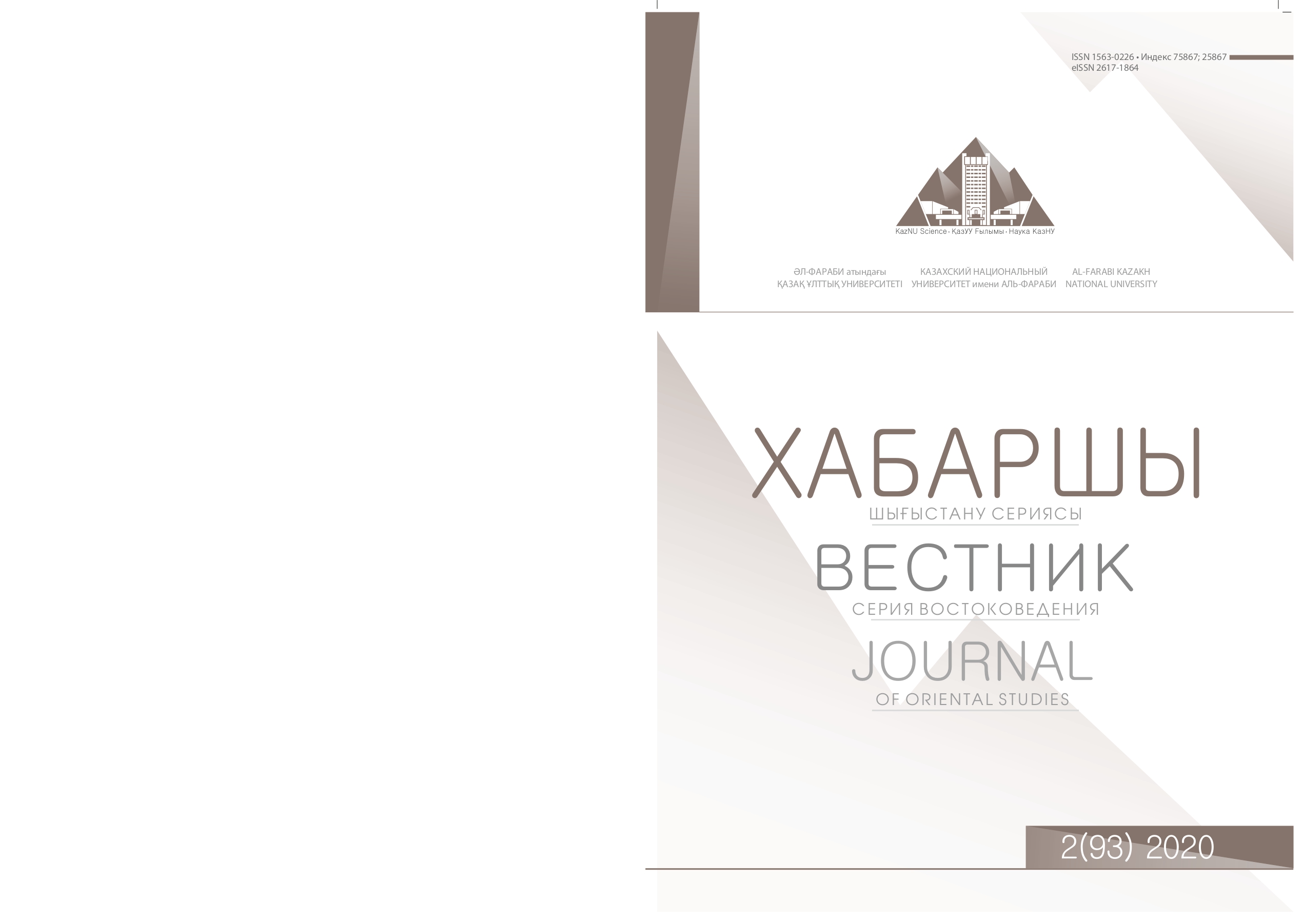Islamic governance in Iran: ideological bases
DOI:
https://doi.org/10.26577/JOS.2020.v93.i2.02Abstract
The issue of the content of the concept of “Islamic republic” continues to be discussed in different countries by orientalists, philosophers, political scientists, lawyers, theologians. At the same time, many researchers pay special attention to the peculiarities of socio-political life, the nature of socio-economic transformations and other phenomena in the Islamic Republic of Iran (IRI) (Fisher M., 1980). In this, the authors believe that one can come to the right position with respect to the role of clergy in the Iranian revolution, recognizing both the peculiarities of the ideological foundations of Islam and revealing the clergy as a special group of people with their own specific ideals and organizational structure. It defines the content of the Islamic-republican form of government and offers its own vision of the theocratic regime in this country. All interpretations of the “Islamic republic” in Iran are based on the book by Ayatollah Khomeini “Hokumat-e-jomhuri-eslami” (“The Board of the Islamic Republic”) and his famous speeches on building a fair state system, etc. The main center of state power in Iran was the Velayat-i Fakih Institute, the post of leader of the country, which was once held by Imam Khomeini. In the period of “absence” of a true imam, the Islamic state needs a special form of government, and the sacred texts contain a number of provisions that can serve as a key in approaching this problem. R. Khomeini identifies four such provisions. This provision is about fatwa, about advice, about mujtahid and about morality. If you look at Shiism historically, this branch of Islam arose as a religion of resistance of those regions and peoples who sought liberation from centralization under the auspices of the caliphate. From the point of view of Shiism, any secular authority that ignores the authority of the imam is outside the law. Legitimate power is the power of imams. In general, while sharing the basic ideas of A. Banisadr, I. Yazdi believed that the following features should be inherent in Islamic society. Firstly, this society should be independent in economic and political relations from external forces. Secondly, in this society there should be no “concentration of power” and violence. Thirdly, there should not be poverty in Islamic society. Fourthly, the principle of equality should prevail in Islamic society. Fifth, in this society wealth should belong to the whole people. Key words: Islam, dynasty, Majlis, ulama, Shiites, monarchy, politics, ideology.














